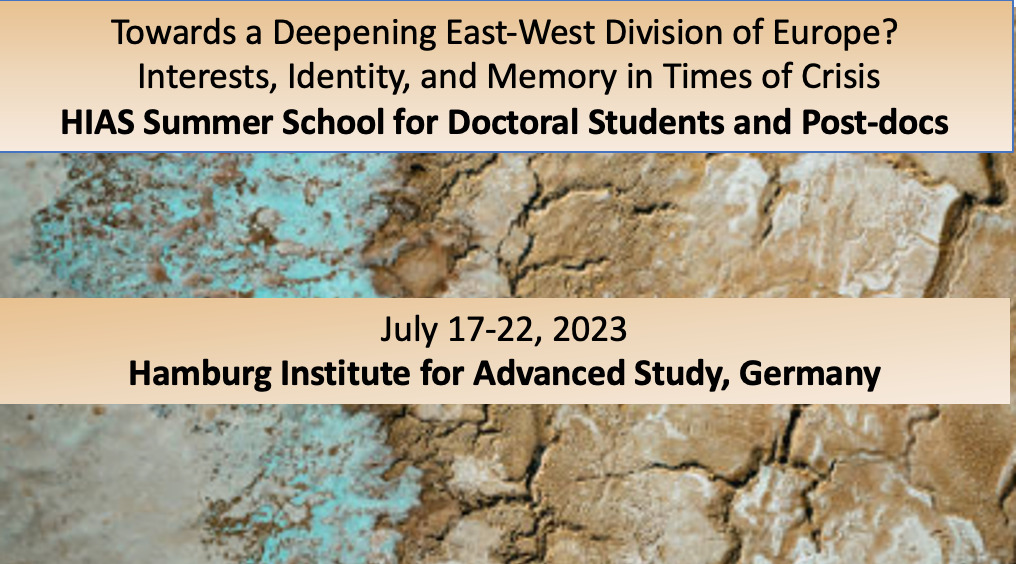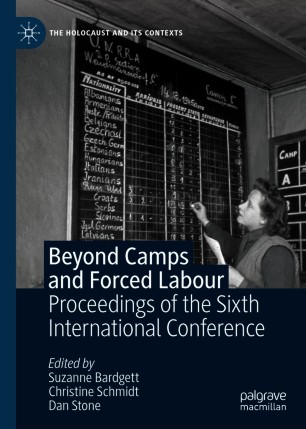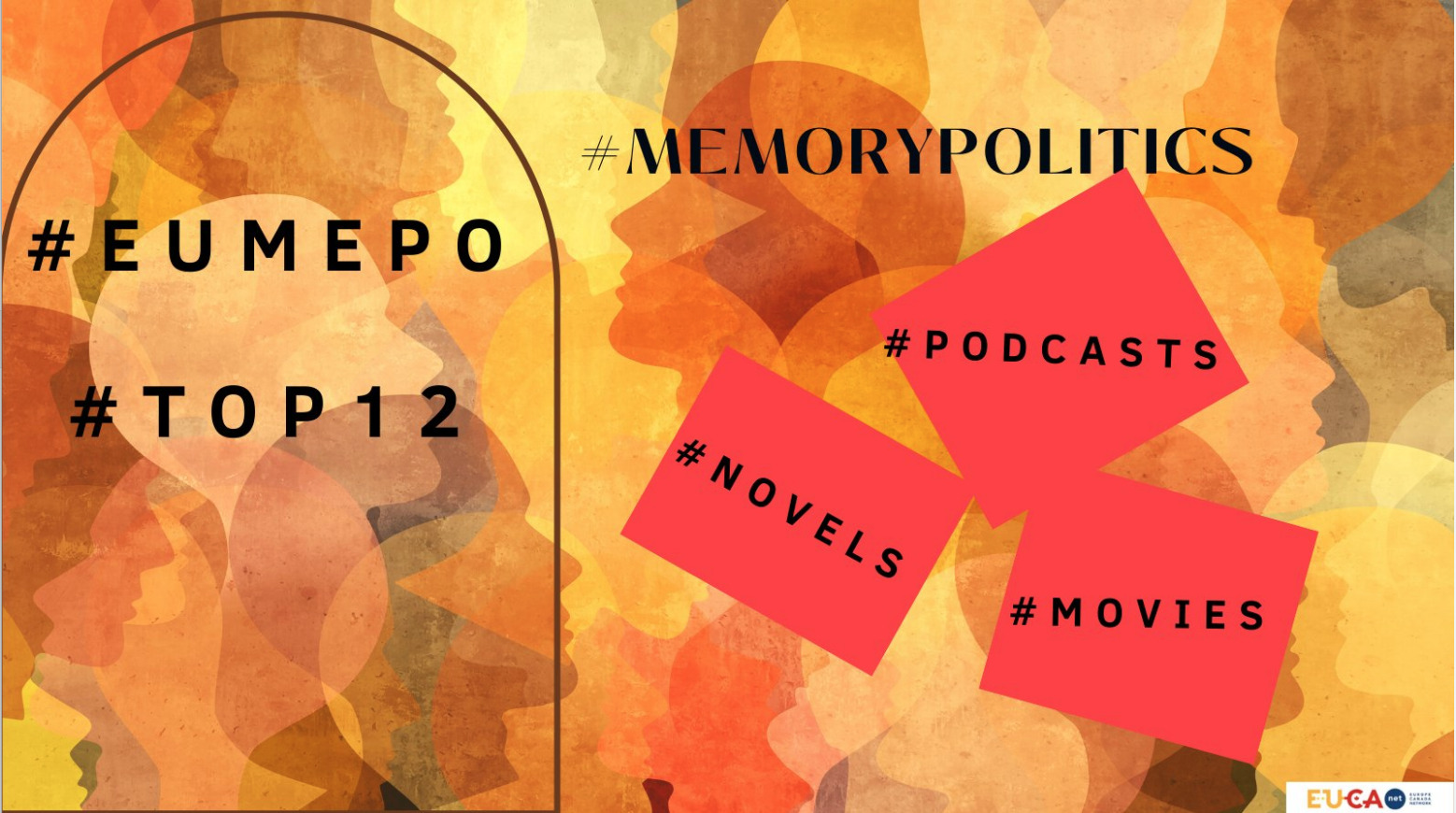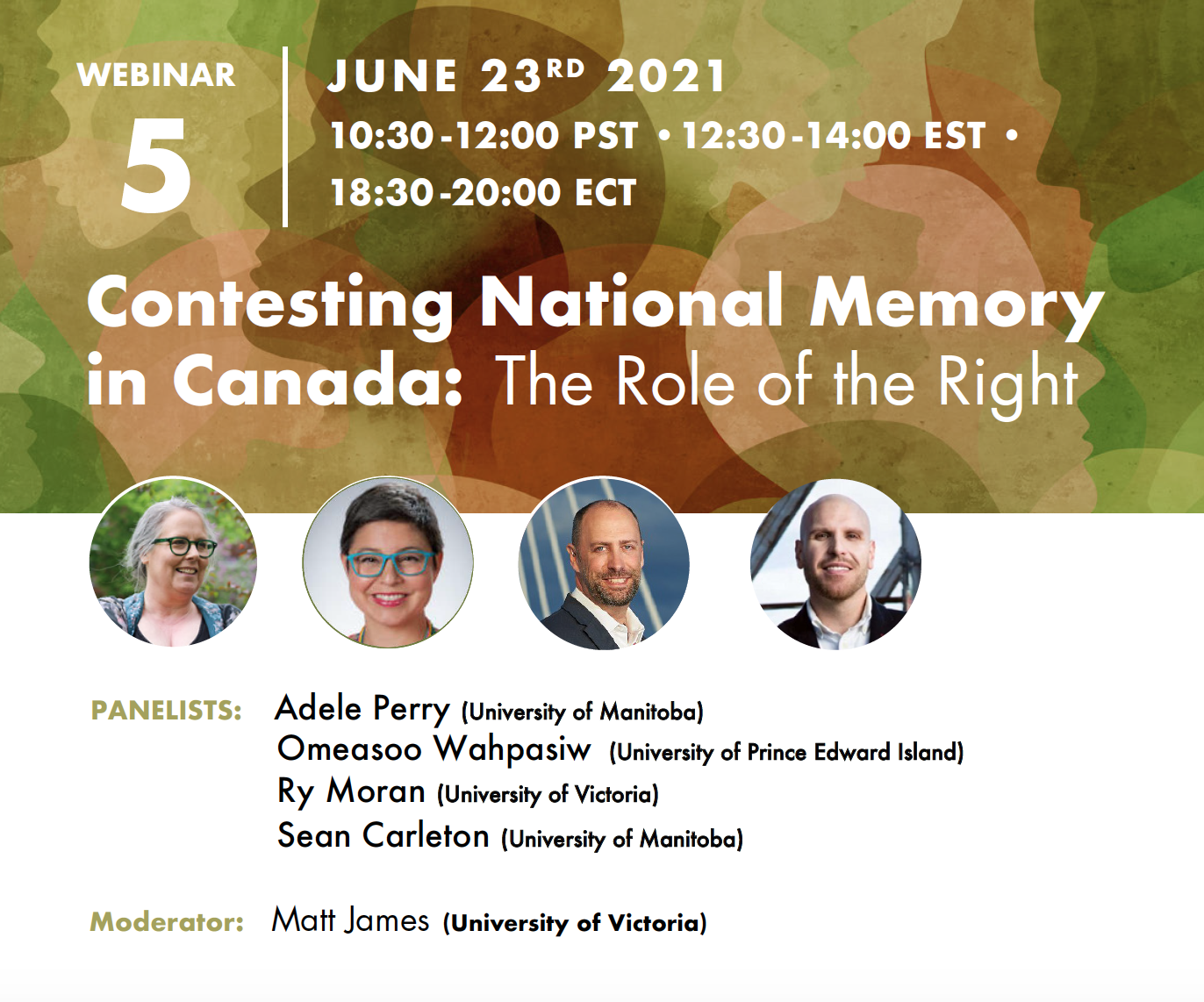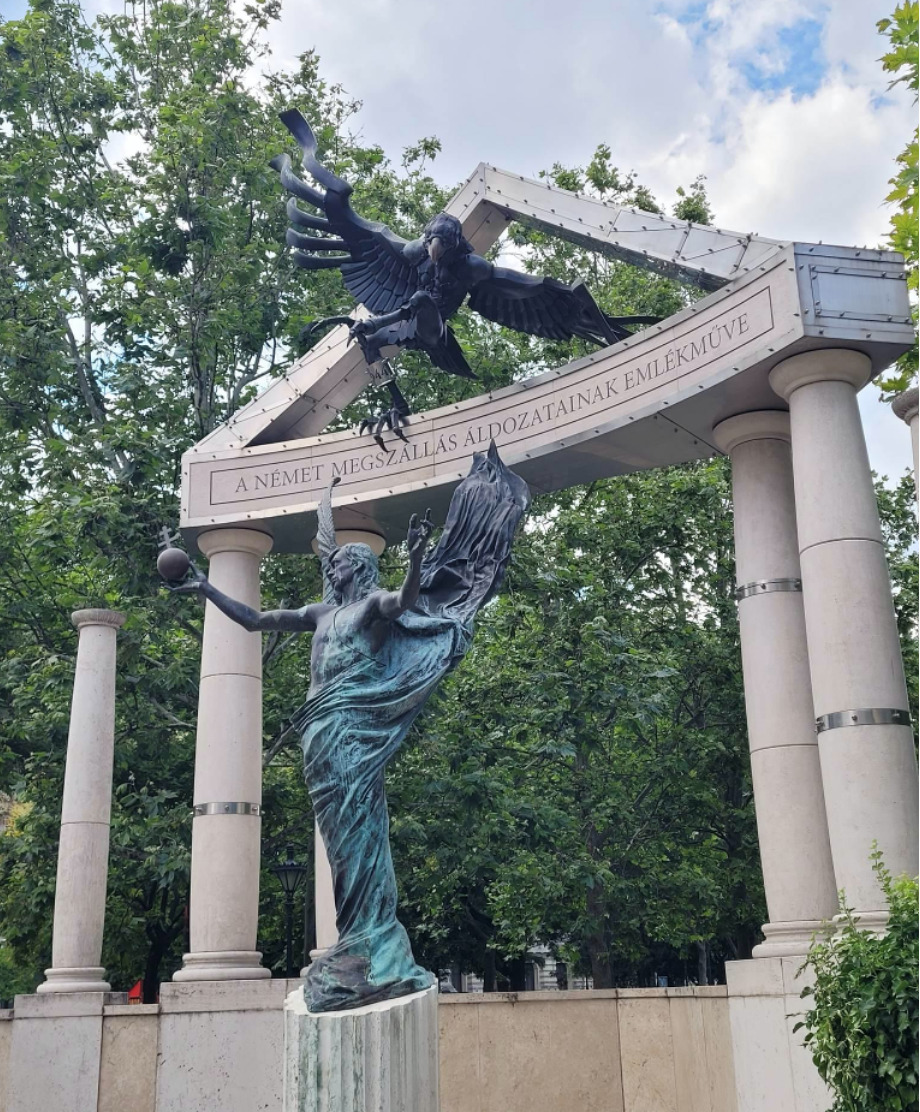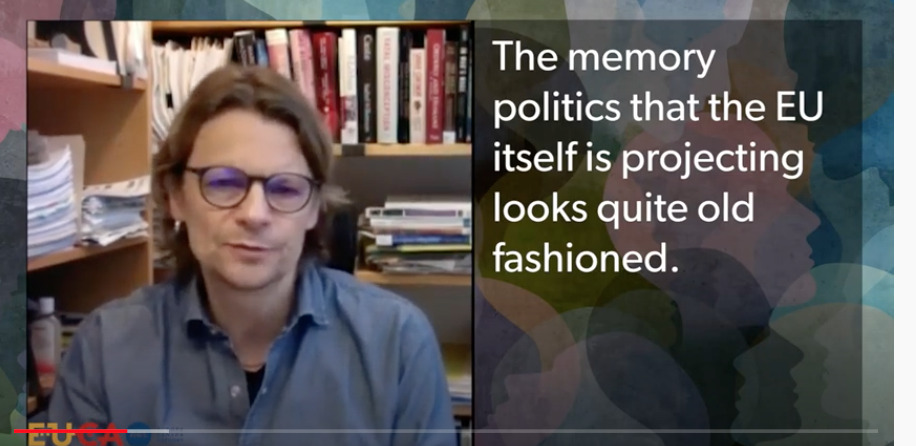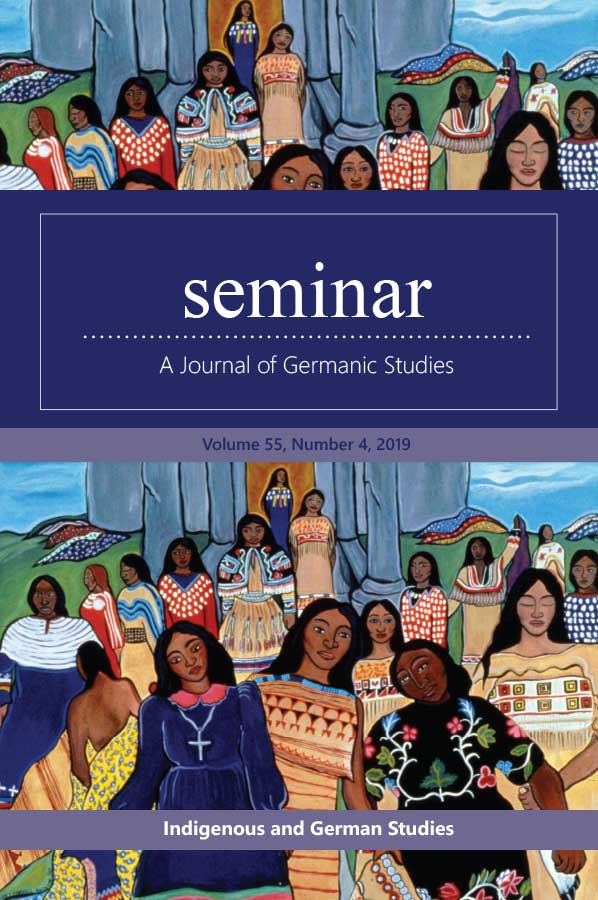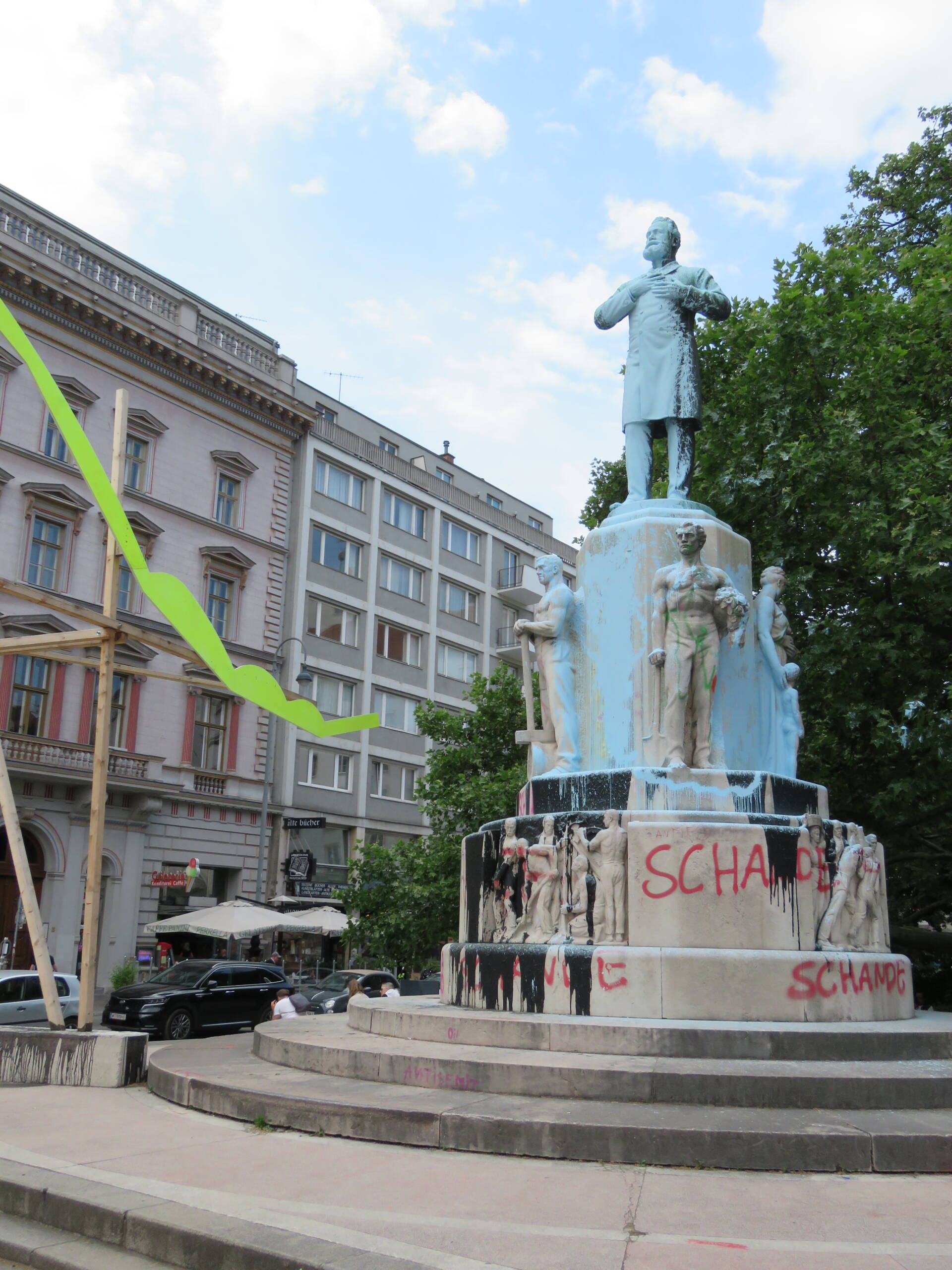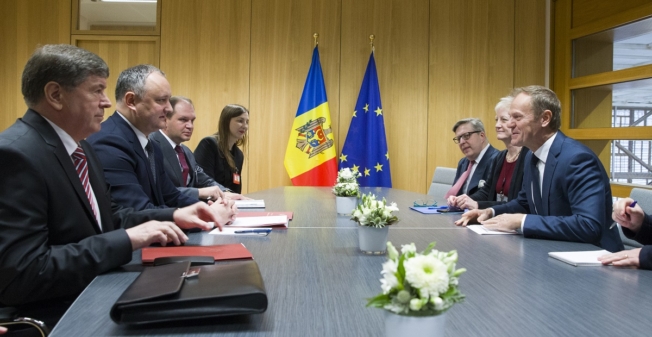Towards a Deepening East-West Division of Europe? Interests, Identity, and Memory in Times of Crisis
Summer School: Location and date: Hamburg Institute for Advanced Study; Date: July 17-22, 2023
Highlights :
- Engaging learning environment in a small, supportive group setting for the six-day summer school at the Hamburg Institute for Advanced Study (about 12 participants);
- Exposure to cutting edge research and educational material on the political divisions and future of Europe in light of the current geopolitical challenges;
- Introduction to the Jean Monnet Network ‘European Memory Politics: Populism, Nationalism, and the Challenges to a European Memory Culture’ and some of researchers through two high profile guest speakers
- Highly experienced summer school coordinator: Dr. Oliver Schmidtke, Prof. in the Departments of Political Science and History; Jean Monnet Chair in European Politics and History, and Director of the Centre for Global Studies at the University of Victoria;
- Opportunity for participants to contribute to a pod-cast addressing the factors driving the deepening East-West divide in Europe and how to address them;
- Opportunity to participate in some local field trips and social events in Hamburg;
- Receipt of a Certificate after the successful completion of the summer school.
Application procedure: Interested students should send the following documents to Oliver Schmidtke (ofs@uvic.ca)
- A current Curriculum Vitae
- A one page statement of your interest in the summer school (why are you interested; how does its thematic focus relate their research?)
T0pics:
Interests, Identity, and Memory in Times of Crisis In the wake of the Russian attack on Ukraine, a phenomenon has gained greater public attention that shapes current political realities in Europe: The gradual alienation between Western European countries and those in Central Eastern Europe (CEE) that have endured Soviet rule during the Cold War era. After a wholehearted drive to unite the continent and the eastward enlargement of the European Union lasting into the early 2000s, this new division features distinct forms of collective memory and manifests itself on the domestic as well as on the international level. First, CEE countries show an affinity to a form of popular nationalism that contrasts markedly from the liberal-cosmopolitan approach that has shaped Western European attempts to redefine national identity after the Second World War. The resurgence of a particular brand of populist nationalism specifically in CEE reflects this divergent legacy. This division is also apparent in opposing understandings of liberal and “illiberal” democracy, which, for instance, plays out importantly in the tension between countries like Hungary and Poland and the European Union. There has been a notable lack of familiarity or even public awareness of the distinct collective experiences and shared history informing the formation of national identities in these countries. Second, the deepening East-West divide also concerns international relations and the geopolitical reality of the continent. With Russia’s war in Ukraine, the memory of Soviet occupation has regained its significance in shaping identities, interests, and policies in the European Union and with respect to the EU Neighbourhood Policy. The response to the war in Ukraine is a case in point. As a result, Western EU member states have been forced to rethink and recalibrate their foreign policy and security strategies. This summer school for doctoral students and post-docs will address the political and cultural factors driving the looming East-West divide in Europe and explore the countries’ respective collective memory and political priorities in an interdependent Europe. It will address the following questions: On what cultural or political foundation could a shared project of European integration be grounded given the diversity of collective identities and memories across the continent? What future is this project about to face considering the implications of the Russian war in Ukraine and the resulting crises (economic, energy, security, etc.)? Is there a set of common political principles that you could provide stability to the fragile democracies across Europe and a shared orientation for an EU foreign policy agenda?
